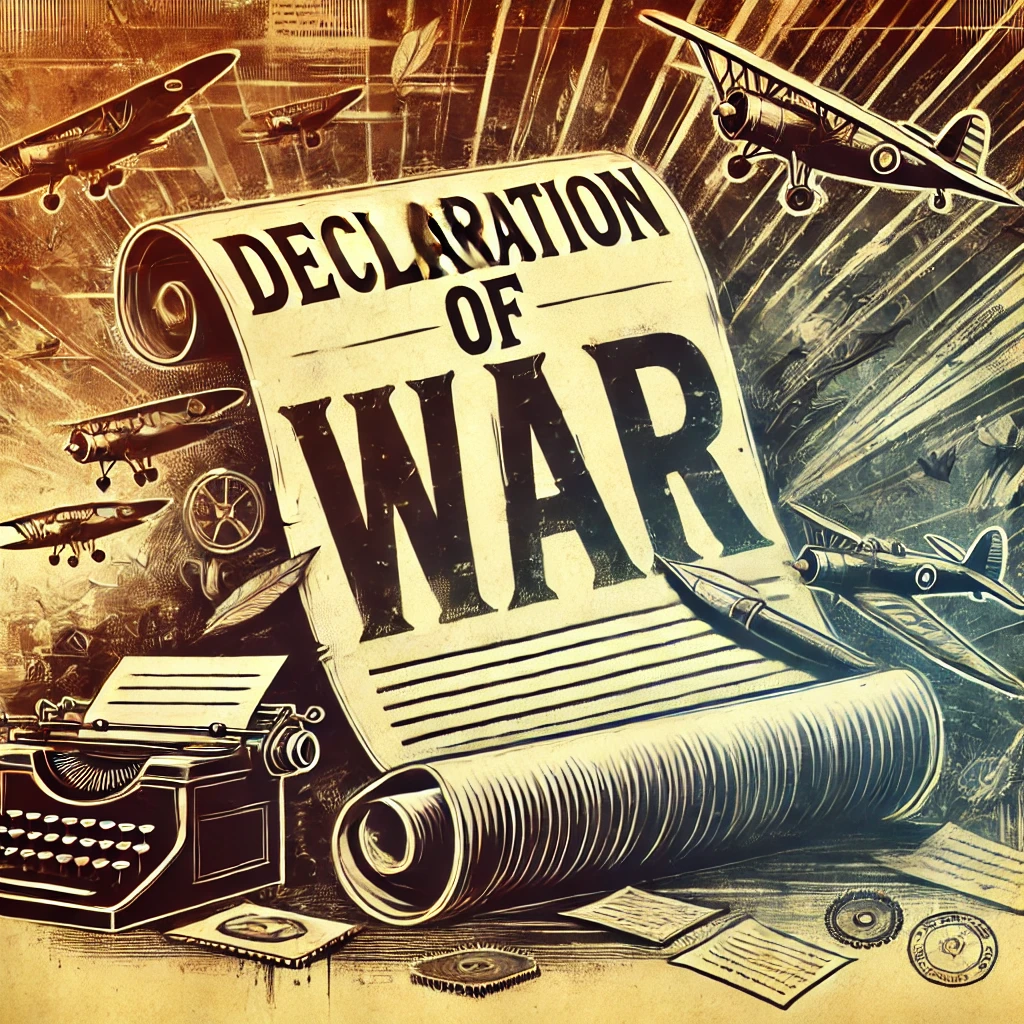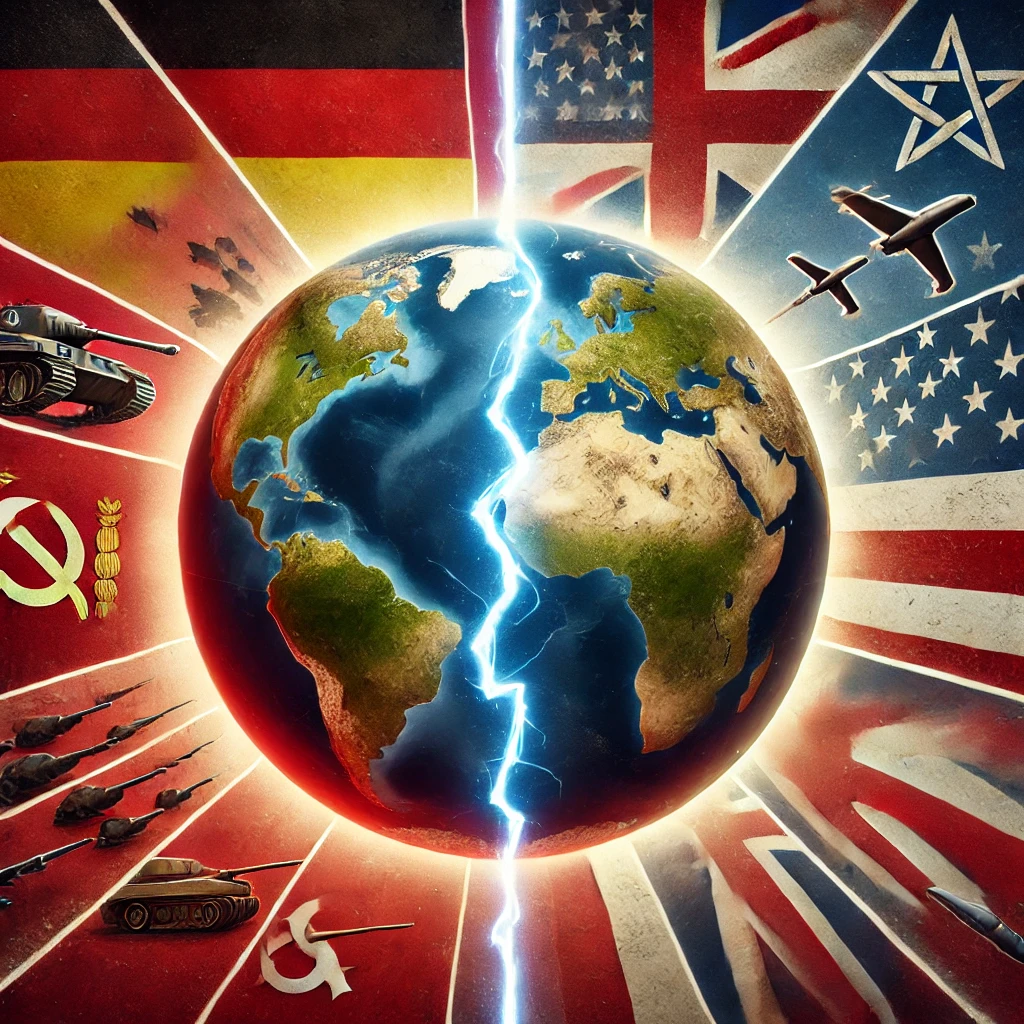On December 11, 1941, four days after the devastating Japanese attack on Pearl Harbor, Germany and Italy declared war on the United States. This declaration solidified the Axis powers’ alignment and officially drew the United States into World War II on multiple fronts. Adolf Hitler and Benito Mussolini, leaders of Germany and Italy respectively, aimed to reinforce their alliance with Japan and confront the growing threat of Allied powers. For the United States, the conflict rapidly expanded from a Pacific theater war to a truly global struggle, fundamentally altering its foreign policy and military strategy.

The decision by Germany and Italy was not a foregone conclusion. Japan’s alliance with the Axis powers, established through the Tripartite Pact in 1940, obligated its members to defend one another if attacked. However, the Japanese assault on Pearl Harbor was a preemptive strike, not a defensive act, leaving Hitler and Mussolini free to decide their course of action. Hitler, already engaged in an intensive campaign against the Soviet Union, believed that declaring war on the U.S. would prevent American interference in Europe and strengthen Axis unity.
A Turning Point in World War II
The U.S. entry into World War II marked a turning point that reshaped the trajectory of the conflict. Prior to Pearl Harbor, the U.S. had maintained a stance of neutrality, although it provided material support to Allied nations through programs like the Lend-Lease Act. The declarations of war by Germany and Italy, however, eliminated any pretense of non-involvement. Overnight, the U.S. became fully committed to a two-theater war: combating Japan in the Pacific and the Axis powers in Europe and North Africa.

This expansion of the conflict had immediate and profound consequences. American industrial and military mobilization reached unprecedented levels, with factories converting to wartime production and millions of men and women joining the armed forces. The U.S. also became a crucial member of the Allied coalition, working closely with Great Britain, the Soviet Union, and other nations to coordinate strategy and resources. The combined strength of these nations ultimately overwhelmed the Axis powers, but not without immense sacrifice and hardship.
Lasting Impact on Global Politics

The ramifications of Germany and Italy’s declaration of war extend far beyond World War II. The U.S.’s involvement in the war laid the groundwork for its emergence as a global superpower. The end of the conflict saw the United States playing a leading role in shaping the postwar world, from founding the United Nations to implementing the Marshall Plan and establishing NATO.
The war also fundamentally altered the political and social landscape of Europe. The defeat of the Axis powers led to the division of Germany, the rise of the Cold War, and the eventual establishment of the European Union. Meanwhile, Italy’s postwar transition from a fascist dictatorship to a democratic republic marked a significant shift in its national identity and global standing.
Today, the events of December 11, 1941, serve as a stark reminder of the interconnected nature of global politics and the devastating consequences of war. They underscore the importance of diplomacy, alliances, and the lessons of history in preventing future conflicts. As the world continues to grapple with challenges to peace and stability, the events of that day remain a critical chapter in the story of the 20th century.
